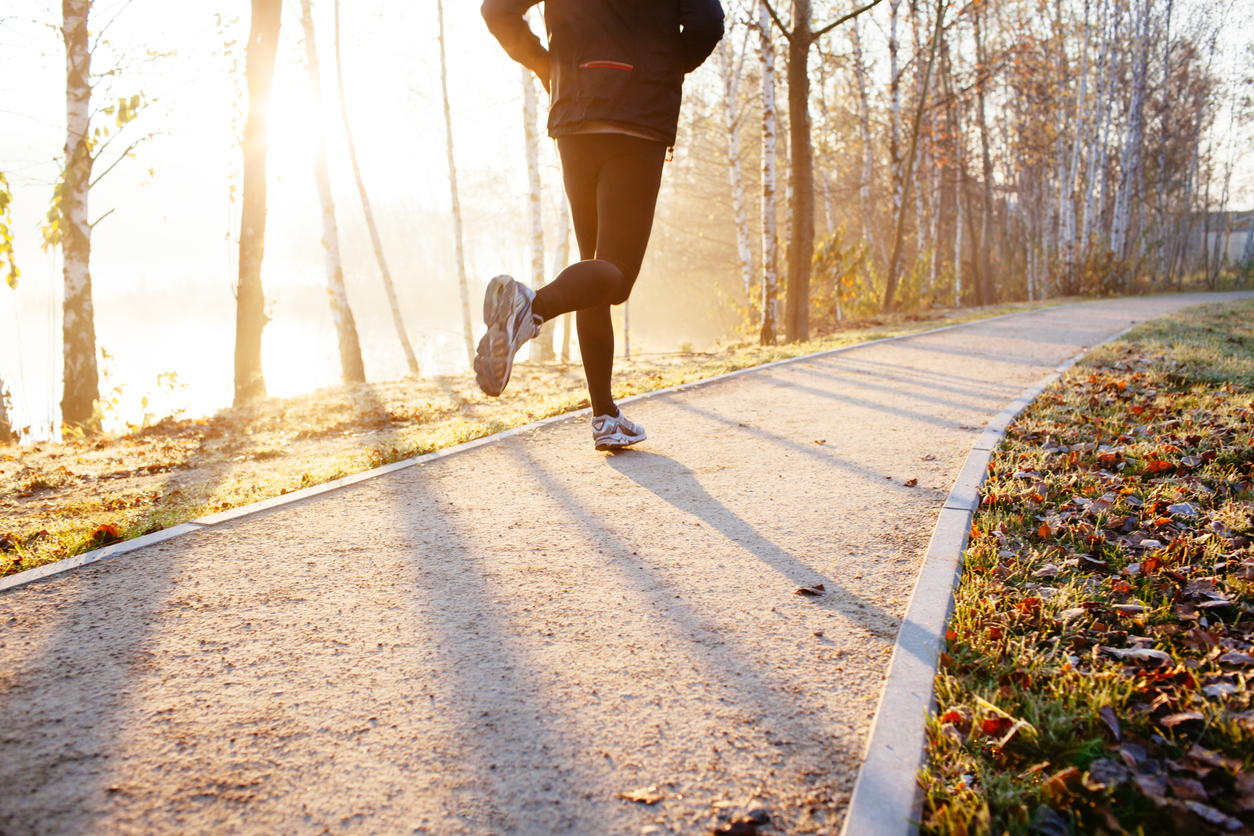The Benefits of Exercising Outdoors
Many of us have decided on creating the healthy habit of exercising more in 2022. With COVID-19 and its variants still a concern, you may not be comfortable going to a gym just yet. That is okay, though, because researchers at Glasgow University found that exercising outdoors had a 50% greater positive impact on mental health than indoor workouts. No matter what kind of outdoor exercise you are looking to do, all types have been linked to the following benefits:
- Reduced risk of heart disease and other chronic illness
- Reduced inflammation and blood pressure
- Improved mood
- Reduced stress levels
- Improved sleep
- Improved short-term memory
- Enhanced focus and creativity
- Strengthened immune system
Safety Tips for Winter
No matter where you live, if you plan on exercising outdoors during these last few winter months, there are some precautions you need to take!
- Check the Forecast: If you are planning on exercising outdoors in colder weather, always check the forecast before heading outside. Temperature, wind and moisture, along with the length of time that you’ll be outside, are key factors in planning a safe cold-weather workout. Consider putting off your workout if it’s raining or snowing unless you have waterproof gear.
- Communicate: Before heading outdoors for your workout, let a friend or family member know where you are going and how long you will be gone. While most people use their phone for music, it is still important to make sure you always have your phone easily accessible and charged in case of an emergency.
- Be Aware: Running, biking and walking all provide a relaxing mental break, however, it is important to pay attention to your surroundings. Always look both ways before crossing a street or going though and intersection, go against traffic if there is not a sidewalk and watch out for ice or potential tripping hazards. If you are out hiking, it is especially important to be aware of your surrounding and watch for wildlife or other threats.
- Avoid Loud Music: Loud music can be motivating, but it also makes it difficult to be fully aware. Keep your music down low, or better yet, use your phone’s speaker instead of headphones while exercising outdoors.
- Wear a Reflective Gear: There are fewer hours of daylight during the winter months, which depending on your schedule, may have you exercising at dusk, dawn or even at night. Regardless of where you may be exercising, it is important to wear a reflective belt and relfective clothing. Never wear all black clothing!
- Consider a Self-Defense Class: Many people prefer to run, walk, bike and even hike alone, which is why it is a good idea to have some self-defense training. Although, the risk of an attack is extremely low, having the knowledge to protect yourself will help you feel more relaxed and confident while outdoors.
- Stay Hydrated: You might not always feel the need to drink water in the winter, but hydration is just as important in the cold weather as it is in the heat. Drink water or a sports drink before, during and after your workout, even if you do not feel thirsty.
For more information visit Pinnacle Health or Mayo Clinic!



